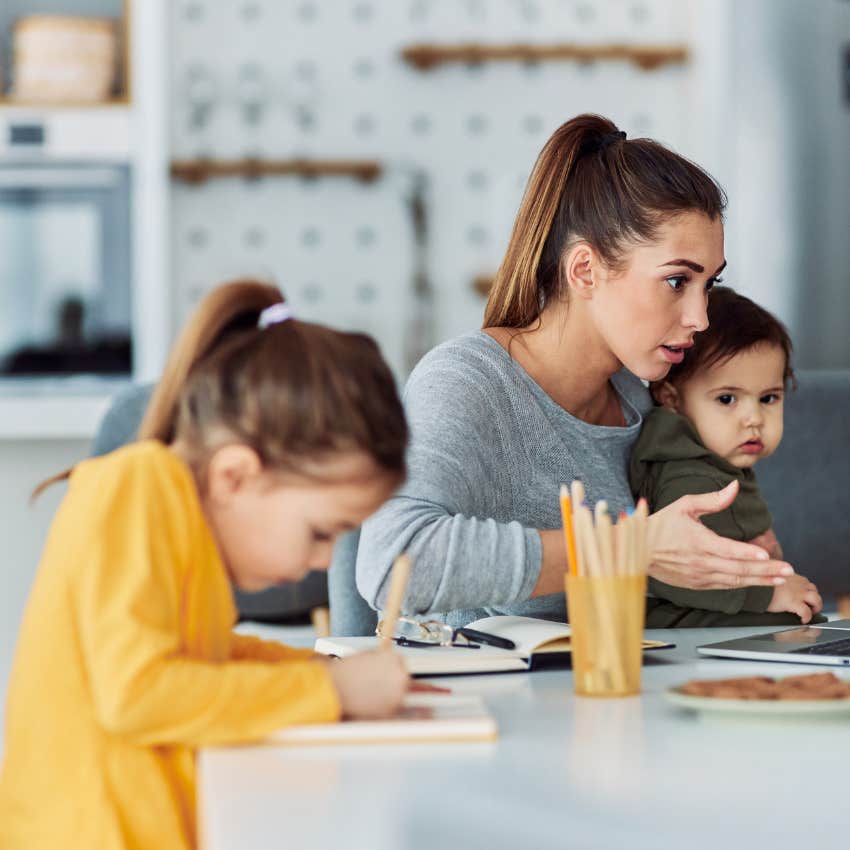People Who Find True Happiness And Purpose After Divorce Have Accepted These 5 Things
People who thrive after divorce understand these things well.
 Ridrigo Rodrigues Wolf | Unsplash
Ridrigo Rodrigues Wolf | Unsplash Heartache is a normal side effect of divorce. After all, divorce marks the end of something intended to last until death, making separation seem like the ultimate failure.
It's seen as the inability to stay with someone, to have someone choose you over anyone and anything, and, as if that weren't already hard enough, if children are involved, divorce is also seen as the disheartening inability to keep a family together.
With divorce as common as it is, 50 percent of all marriages in the United States will end in divorce. Forty-one percent of first marriages, 60 percent of second marriages, and 73 percent of third marriages end in divorce. But here's what you may not know about what happens after divorce.
People who find true happiness and purpose after divorce have accepted these five things:
1. The fear of being alone is overstated
Whether loneliness was or wasn't a major concern in the past, there's nothing like a failed relationship to emphasize the possibility of getting to old age alone.
According to a 2004 AARP survey, 45 percent of divorcees interviewed agreed that being alone was their biggest fear. However, 76 percent of those interviewed also said they felt they made the right choice to dissolve their marriage.
In a 2014 survey of 2,000 people, they found that more than one in three adults fear being alone. Forty percent of women said they fear being alone forever and 35 percent of men feel the same.
2. Responsibilities will be shuffled
 Jelena Zelen / Shutterstock
Jelena Zelen / Shutterstock
It's a fact that two household incomes differ from just one, but sometimes, especially if one of the parents is staying home, the greatest financial challenge comes with realigning responsibilities.
Whereas in the past, the man might have taken the helm when it came to paying household bills, after the divorce, the woman may find herself tackling all logistics on her own. Change is to be expected, but exchanging responsibilities may prove difficult.
3. Children can and will learn from this experience, too
Many studies focus on the damaging effects divorce has on children, but focusing solely on one possibility diminishes the work parents put in beforehand.
If parents going through a divorce remain mindful, respectful, and overall civil, there's a good chance their children will learn to do the same, even under strenuous circumstances.
4. The process doesn't always look the same
 LightField Studios / Shutterstock
LightField Studios / Shutterstock
Though a divorce itself can be quite lengthy at times, the emotional and psychological process of overcoming the end of a marriage can look different from one couple to the next, as well as one individual to another.
Some couples manage to remain amicable, but for others, old wounds reopen when trying times unleash harsh words. Readjusting implies re-learning something, so ups and downs are to be expected.
5. Divorce adds perspective
It's not all fear and gloom, because each marriage is different, and so is each divorce. For some, the denial phase of divorce looks a lot like postponing the inevitable, taking a month just to sign the divorce papers.
But for others, denial is replaced with positive thinking, creating a term or mindset to erase the negative connotations toward divorce.
Geraldine Estevez is a storyteller, motivational speaker, writer, and event videographer.

